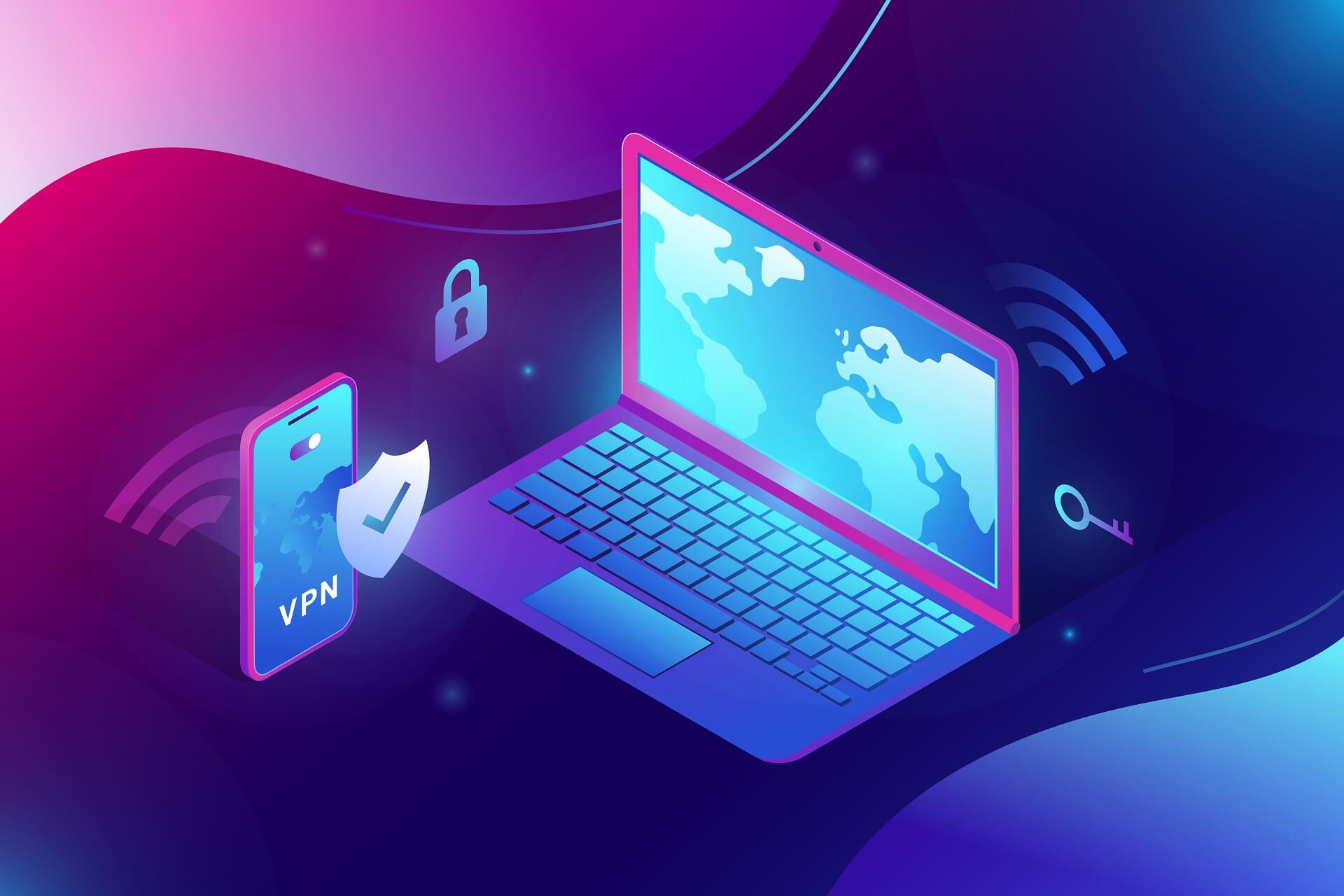

The company has a zero-log policy, and you can (and should) opt out of the diagnostic crash reports in the app. What I don't like is that Surfshark is legally untested.

Surfshark is based in the British Virgin Islands, which, although technically a territory of Great Britain, is generally considered a safe haven and has no data-retention laws. It's fast enough that in most cases you won't notice any speed degradation at all. Yes, it is slower than not using a VPN, but I have never had any problem streaming HD content through Surfshark. In my testing over the years, Surfshark has consistently had some of the best speeds of any VPN I've used. For this reason, we've limited our testing to VPN providers that have been independently audited by security firms and have published the results. You're stuck taking companies at their word. Most VPN providers say they keep no logs of their users' activity, but this is rarely verified. Picking the right VPN service is serious business. Be sure you even need one before you read on.

This makes VPN providers a target for hackers. Using a VPN means your VPN provider will know everything about your browsing habits. However, while a VPN will keep you safe at your local coffee shop, it comes with a cost. Whether you're worried about hiding your browsing activity from your internet service provider so it doesn't sell your data to advertisers, or you want to stay safe on a public Wi-Fi hot spot to keep nearby digital snoops from capturing your passwords, a VPN can help protect you. A virtual private network (VPN) is like a protective tunnel you can use to pass through a public network, protecting your data from outside eyes.


 0 kommentar(er)
0 kommentar(er)
